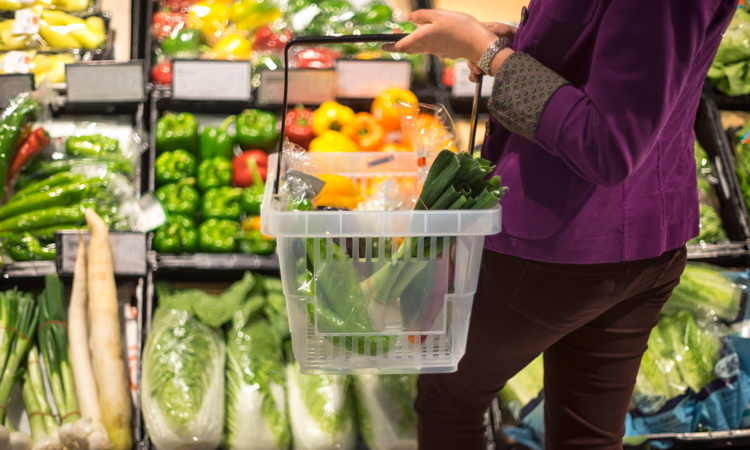Consumer food attitudes survey published by FSA
- Like
- Digg
- Del
- Tumblr
- VKontakte
- Buffer
- Love This
- Odnoklassniki
- Meneame
- Blogger
- Amazon
- Yahoo Mail
- Gmail
- AOL
- Newsvine
- HackerNews
- Evernote
- MySpace
- Mail.ru
- Viadeo
- Line
- Comments
- Yummly
- SMS
- Viber
- Telegram
- Subscribe
- Skype
- Facebook Messenger
- Kakao
- LiveJournal
- Yammer
- Edgar
- Fintel
- Mix
- Instapaper
- Copy Link
Posted: 26 February 2020 | Sam Mehmet (New Food) | No comments yet
The Food Standards Agency’s Biannual Public Attitudes Tracker monitors consumer attitudes towards food-related issues, such as food safety, food health, labelling and transparency.


The Food Standards Agency (FSA) has published its Biannual Public Attitudes Tracker (November 2019) results. The tracker survey monitors changes in consumer attitudes to food-related issues in England, Wales and Northern Ireland.
The top food safety issues of concern for those surveyed were:
- Chemicals from the environment, such as lead, in food (32 percent)
- Food hygiene when eating out (31 percent)
- The use of pesticides to grow food (31 percent)
- Food poisoning (28 percent).
The top wider food issues of concern were:
- Food waste (57 percent)
- The amount of sugar in food (53 percent)
- Animal welfare (50 percent)
- Food prices (44 percent)
- The amount of salt in food (42 percent).
Representatives from the Food Standards Agency will be speaking at Food Integrity 2020. To find out more about the event, including a full agenda and list of speakers, click here.


Awareness of different types of food poisoning has gradually increased in the last two years, according to the FSA. While awareness of Salmonella (now 92 percent) and E-coli (86 percent) were already relatively high, awareness of norovirus (60 percent) and Listeria (61 percent) have increased by eight and 15 percentage points since November 2017.
45 percent of respondents to the consumer attitudes survey reported concern about food safety in UK restaurants, pubs, cafes and takeaways. 40 percent of respondents reported concern about food safety in UK shops and supermarkets. Reported concern has continued to decrease slightly over time, indicating a general decline in concern about food safety in UK food outlets.
The average score of the composite measure of trust in the FSA was seven out of 10 and the average score for the composite measure of trust in the food system was 3.7 out of five.
Further findings demonstrated that 78 percent of respondents reported being aware of the FSA, similar to previous waves. Of those aware of the FSA, 73 percent trusted the FSA to do its job, and 68 percent reported that they trust the FSA to tell the truth in the information it provides. Ensuring that food was safe to eat was the main issue respondents (90 percent) reported the FSA to be responsible for.
The majority reported that they trust that food is what it says it is and is accurately labelled (78 percent) and 76 percent trusted the authenticity of ingredients/origin/quality of food. Findings also demonstrated that 83 percent of respondents felt they had enough information about what food contains to make their food choices.
Fieldwork for this wave took place in November 2019 when a representative sample of 2,101 adults aged 16 and over in England, Wales and Northern Ireland were interviewed face-to-face.
Related topics
Food Safety, Health & Nutrition, Research & development, The consumer








